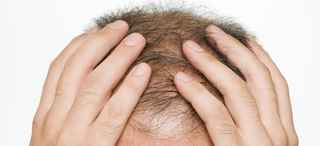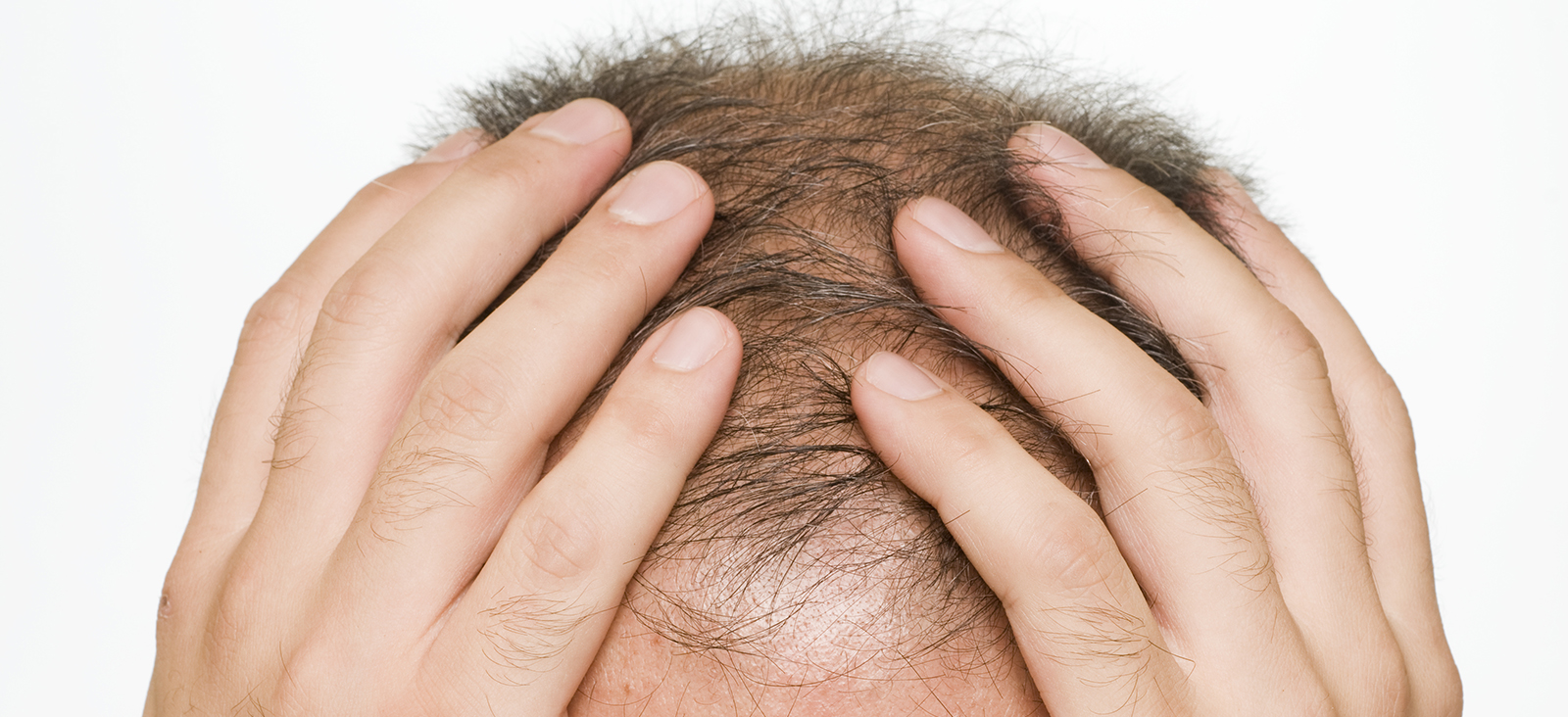Symptoms and Causes of Hair Loss
The loss of hair can occur anywhere on the body, but it’s usually most noticeable on the scalp. While there often are no symptoms, when symptoms do occur they include scalp itch and even scalp pain.
Factors that can contribute to the type of hair loss include:
- Genetics and hormones
- Medical health
- Medications including chemotherapy treatment
- Stress
- Poor nutrition, including iron deficiency
Treatment is tailored to each patient and his or her type of hair loss.
Diagnosing Hair Loss
To diagnose hair loss, our dermatologists take a detailed medical and family history, review medications, and perform a careful physical examination.
As part of the hair consultation, additional tests might be required to determine the type of hair loss. These tests include:
- Hair pull: Procedure in which the dermatologist lightly pulls a section of hair to assess how much comes out
- Scalp biopsy: Removal of a small section of scalp (3mm – 4mm) to examine under a microscope; performed at bedside, this procedure involves local anesthesia and suture placement
- Blood tests: To screen for several deficiencies that can play a role in hair loss; these tests might also be done as part of a treatment regimen if the patient is a candidate for certain oral medications
- Other tests: These include skin swabs of scalps for certain scalp conditions to uncover possible infectious etiologies that could be contributing to hair loss
Treatment for Hair Loss
The goal of our specialists’ individualized treatment is to stop further hair loss and promote follicular recovery/regrowth in viable follicles.
Clinical Trials
UT Southwestern’s dermatologists are involved in various clinical trials to improve understanding and treatment of hair loss. Ask our doctors about current trials during an appointment.




